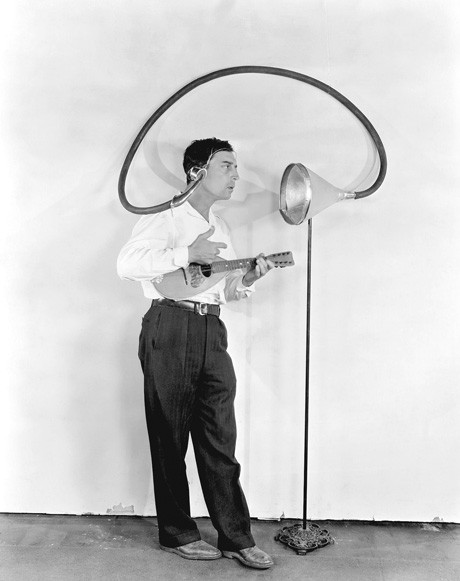
Explore how anxiety can show up in your life, work, and relationships
Read on

My Metaphor for Overthinking
For the first 39 years of my life, I was terrible to my brain. I would engage in deep, intrusive pondering, telling myself that I was working hard to "figure things out." I never realized that the overthinking I was engaging in was terrible for my brain's environment. And this is my metaphor for overthinking: my brain has an environment, and I am responsible for taking care of it.

Riding the Wave: The Single Biggest Thing I've Learned About Anxiety
In the past year and half, I've done a lot of digging and connecting. I've talked to other people with anxiety, and I've learned a lot. But the most important thing I learned is that anxiety is a physiological response involving hormones released in the body.

What is "Energy Debt"?
Something her tired voice struck me with a lightening bolt realization. This wasn't just about this Jane Craig and this one event. This was about me, burnout, and all of the Jane Craigs in the world. This was behavior I had seen us all indulging in for way too long.

What’s Up With the Unconscious Mind?
A couple of days ago I got into an interesting conversation with a favorite coworker in our little office kitchenette.
We were discussing the subconscious mind and how weird it is. How and why does it know things we (consciously) don’t?
He described a talk he once gave to a big group. Since he’s never had trouble with public speaking, he arrived ready to go. But his body was sending signals that something was wrong. Sweats, hot flashes, a nauseated stomach. What was going on?

A credo! A credo, I say!
The Beautiful Voyager approaches stress, overthinking, and anxiety from a very specific point of view. Understanding where the site is coming from, and why I feel this work is so important, gives the background to the credo itself. All of the tools in the world (including therapy, medication, meditation) won't help until you learn that you have your own unique thumbprint of anxiety, and only you can reach the control panel.

Feelings Come and Go
"According to Harvard psychotherapist Ronald D. Siegel, PsyD, trying to get rid of anxiety is exactly where I, and many others suffering from it, go wrong...The theory behind it is that the more comfortable we get with the sensations that come with anxiety — panic, fear, and accelerated heartbeat — the more we will discover that the emotions associated with these sensations come and go, like everything else."

No Matter How Rigid, Everything Can Bend
I came across this post about Spanish sculptor José Manuel Castro López and was blown away by what I saw.

Sensitivity -> Superpower: Step One
Anxiety is a hyper-sensitivity. If we can tune in to that sensitivity and use it as a strength, it becomes our super power. But in order to do it, we have to turn down the volume on our self-questioning, and turn it up on our self-understanding.